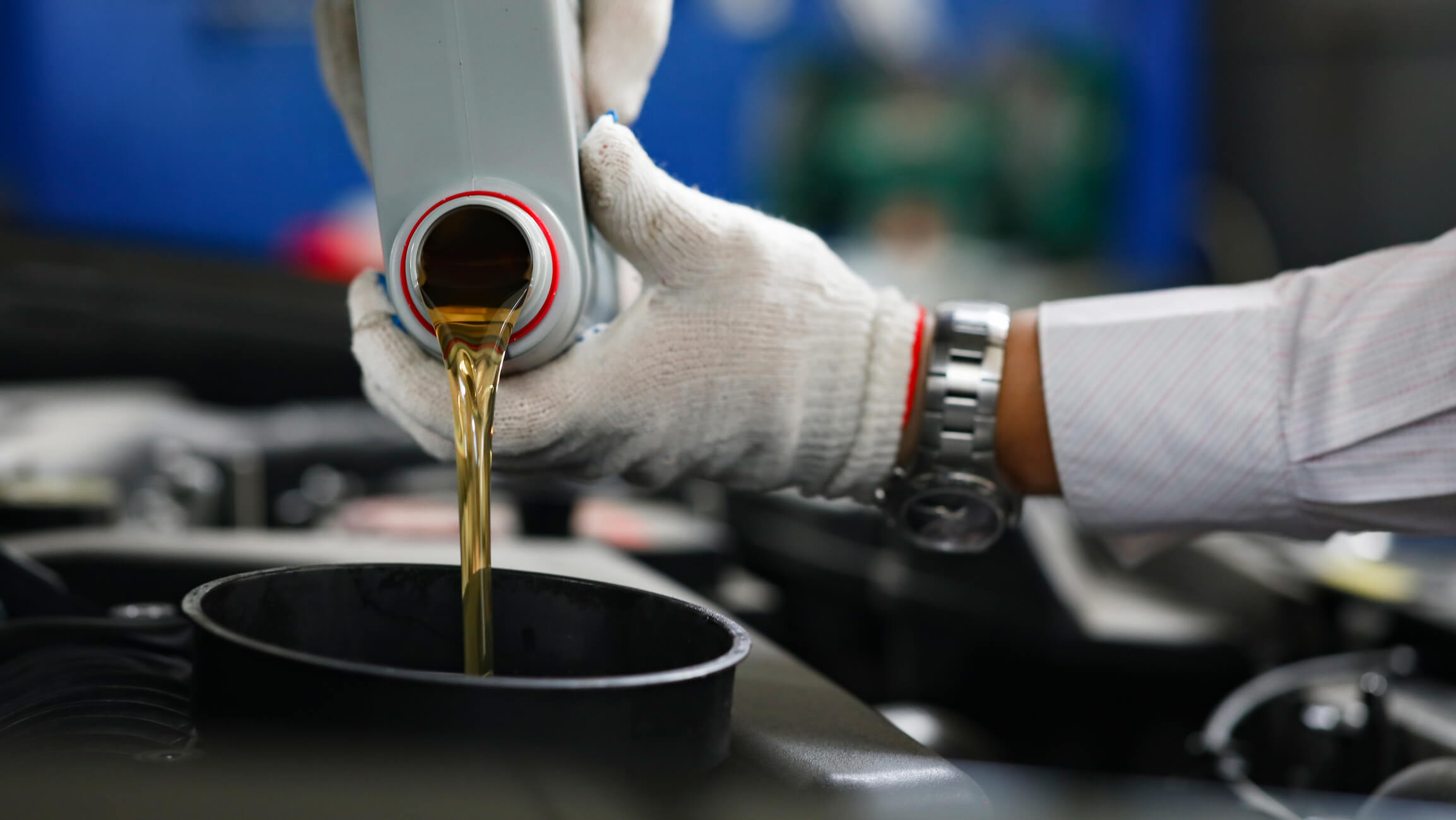Introduction
Engines face constant stress, high temperatures, and friction during operation. Without proper lubrication, wear and damage occur quickly. Automotive lubricants, enhanced with additives, protect engines and extend their life. These additives improve performance, reduce wear, and optimize engine efficiency.
1. Understanding Automotive Lubricants and Additives
Automotive lubricants reduce friction between moving parts in an engine. They prevent direct metal-to-metal contact, which minimizes wear. However, modern lubricants rely on additives to deliver optimal protection and performance.
What Are Additives?
Additives are chemical compounds blended into lubricants to enhance their properties. They address specific challenges such as friction, corrosion, oxidation, and deposit buildup. By improving lubricant performance, additives protect engines over the long term.
2. Reducing Friction for Longer Engine Life
Friction is a major cause of engine wear. Without additives, engine parts wear out faster due to continuous friction.
How Additives Reduce Friction:
- Friction Modifiers: These additives create a slippery film between surfaces to minimize resistance.
- Anti-Wear Agents: They coat engine parts, forming a protective layer that reduces friction damage.
- Viscosity Improvers: Additives ensure the lubricant maintains the correct thickness across temperature ranges.
By reducing friction, additives prevent excessive wear and ensure smoother engine operation.
3. Preventing Corrosion and Rust
Engines are exposed to moisture, combustion gases, and other contaminants. Over time, these factors lead to corrosion and rust, damaging engine components.
Additives That Prevent Corrosion:
- Corrosion Inhibitors: These additives form a protective barrier on metal surfaces, preventing moisture contact.
- Rust Preventatives: They neutralize acids and moisture within the engine oil to stop rust formation.
- Detergents: Additives clean harmful deposits that contribute to corrosion.
With corrosion protection, additives help engines operate reliably over extended periods.
4. Protecting Against High Temperatures and Oxidation
Engines generate extreme heat during operation. Without protection, lubricants break down, leading to sludge, oxidation, and engine damage.
Additives Designed for Heat Resistance:
- Antioxidants: These additives stabilize the lubricant, slowing oxidation caused by high temperatures.
- Thermal Stability Agents: They prevent the breakdown of lubricants in extreme heat.
- Anti-Foaming Agents: Additives reduce foam formation, ensuring the lubricant performs efficiently.
By resisting heat, additives ensure that lubricants maintain their protective properties.
5. Cleaning and Preventing Harmful Deposits
Over time, engines accumulate carbon deposits, sludge, and contaminants. These deposits restrict performance and shorten engine life. Additives play a critical role in cleaning engines and preventing buildup.
How Cleaning Additives Work:
- Detergents: These additives dissolve sludge and carbon deposits, keeping engine components clean.
- Dispersants: They suspend contaminants within the oil, preventing them from settling on engine surfaces.
Clean engines experience fewer performance issues, reduced wear, and extended life.
6. Improving Lubricant Stability Over Time
Lubricants degrade over time due to exposure to heat, moisture, and contaminants. Additives stabilize lubricants, maintaining their performance for longer durations.
Stabilizing Additives Include:
- Anti-Oxidants: Prevent oil breakdown caused by oxygen exposure.
- Viscosity Index Improvers: Maintain proper oil flow in varying temperatures.
- Seal Conditioners: Additives keep engine seals pliable, reducing leaks.
By maintaining stability, additives extend the life of lubricants and protect engines.
7. Enhancing Engine Efficiency
Additives not only protect engines but also improve overall efficiency. Cleaner, well-lubricated engines experience reduced fuel consumption and better performance.
Benefits for Efficiency:
- Reduced friction leads to smoother operation and improved fuel economy.
- Cleaner engine components ensure optimal combustion and power output.
- Stable lubricants maintain engine efficiency in harsh conditions.
Improved efficiency results in lower fuel costs and reduced emissions, offering long-term benefits.
Conclusion
Automotive lubricants, enhanced with advanced additives, are essential for improving engine longevity. These additives reduce friction, prevent corrosion, clean deposits, and stabilize lubricants under extreme conditions. By protecting engine components and optimizing performance, additives ensure vehicles operate reliably for years.
For drivers, investing in high-quality lubricants with performance-enhancing additives means fewer repairs, better efficiency, and a longer-lasting engine.

